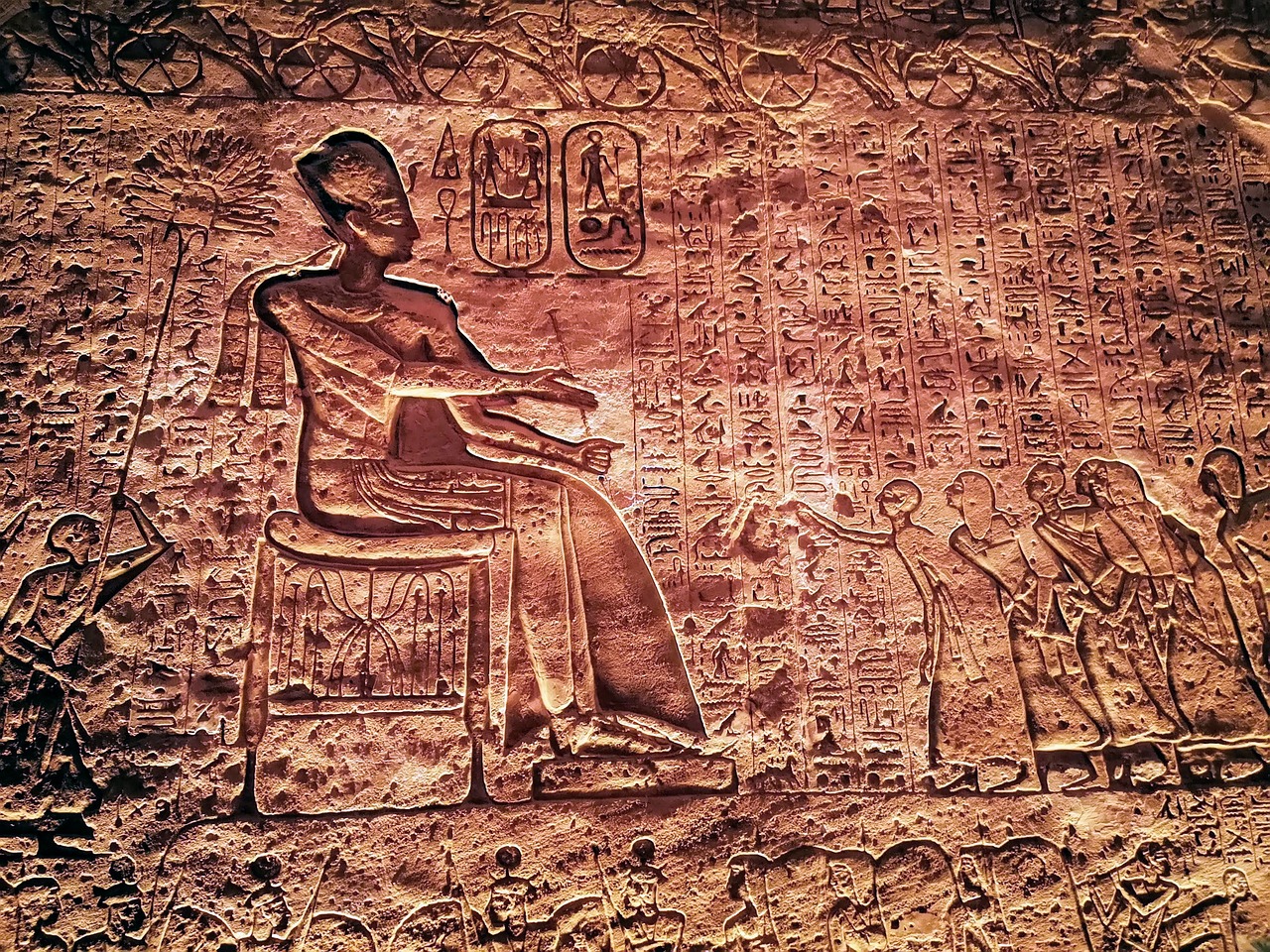The ancient Egyptian civilization stands out as the earliest documented among the foremost global civilizations. Prior to Egypt, little is understood about prehistoric societies, yet they are believed to have been driven by superstition, and their capacity to manage illnesses was rudimentary, if not altogether absent.
The societal stability afforded by ancient Egypt fostered advancements in various fields, propelling them ahead of earlier societies. Agriculture, religion, trade, and transport flourished, while initial sanitation practices, including toilets and baths, emerged. Within this developing society, the medical profession first took shape, with physicians arising as a recognized role. Among the earliest was Imhotep, who would later attain divine status.
The Era of Djoser
Djoser, who initiated the third dynasty of ancient Egypt around 2650 BCE, presided over a pivotal period. While the precise length of his reign remains unclear, it is estimated to have lasted between 19 and 29 years, characterized by significant technological progress and remarkable construction endeavors.
Imhotep is believed to have been born during Djoser’s reign, likely in Ankhtow, a suburb of Memphis, although some sources propose Gabelein, south of Ancient Thebes, as his birthplace. His name can be interpreted as ‘the one who arrives in peace.’ Starting life as a commoner, possibly the child of an architect named Kanofer, Imhotep quickly demonstrated exceptional intelligence. He ascended to the position of vizier to Djoser, the highest official in the pharaoh’s court, showcasing brilliance in various fields such as architecture, astrology, and medicine.
The Preeminent Physician
Sir William Osler famously referred to Imhotep as “the first figure of a physician to emerge from the haze of antiquity.” Unlike other Egyptian healers who relied heavily on magic and prayer, Imhotep’s medical practices were surprisingly sophisticated for his era.
Though writings attributed directly to him are absent, the Edwin Smith papyrus—acquired by a dealer in 1862—is widely believed to have originated from his work. This ancient manuscript represents the earliest known surgical manual, documenting 48 cases of injuries, fractures, dislocations, and tumors. Procedures noted in the text include wound suturing, splinting, and various methods of infection care utilizing honey, resins, and raw meat for blood clotting. Protocols for immobilizing fractures and spinal injuries are detailed, alongside anatomical and physiological insights.
Imhotep is thought to have recognized and treated more than 200 ailments, including tuberculosis, appendicitis, gout, gallstones, and arthritis. Furthermore, he likely conducted surgeries and may have established one of the earliest medical schools in Memphis. In addition to his pioneering role as a physician, Imhotep was also the first recognized architect and played a significant part in the design of Djoser’s iconic stepped pyramid at Saqqara, where Djoser would ultimately be laid to rest.
The Elevation of Imhotep
The distinguished American archaeologist and Egyptologist James Henry Breasted praised Imhotep’s enduring legacy, stating, “In priestly wisdom, magic, wise proverbs, medicine, and architecture; this incredible figure from Djoser’s era left a reputation so remarkable that his name persisted through the ages. He became the guardian spirit for later scribes, who offered libations before commencing their work.”
A century following his death, Imhotep’s reputation transformed into that of a demigod, and roughly two millennia later, around 525 BCE, he was exalted to the status of a God of medicine and healing. His ascent was noteworthy, as he was one of the only two commoners in Egyptian history to achieve such divine recognition. Accounts recount that offerings, including mummified ibises and clay replicas of affected organs and limbs, were presented at Saqqara in hopes of divine healing.
Imhotep’s narrative is a remarkable testament to a common individual’s impact on the medical field over 4,500 years ago, predating Hippocrates by more than 2,000 years. His enduring influence laid foundational principles that resonate through subsequent civilizations, shaping the trajectory of medicine as we know it today.



